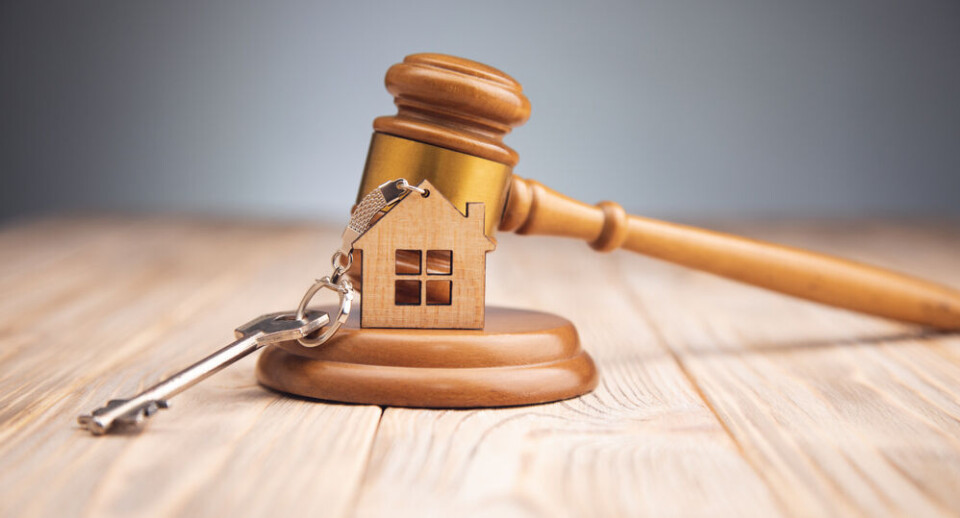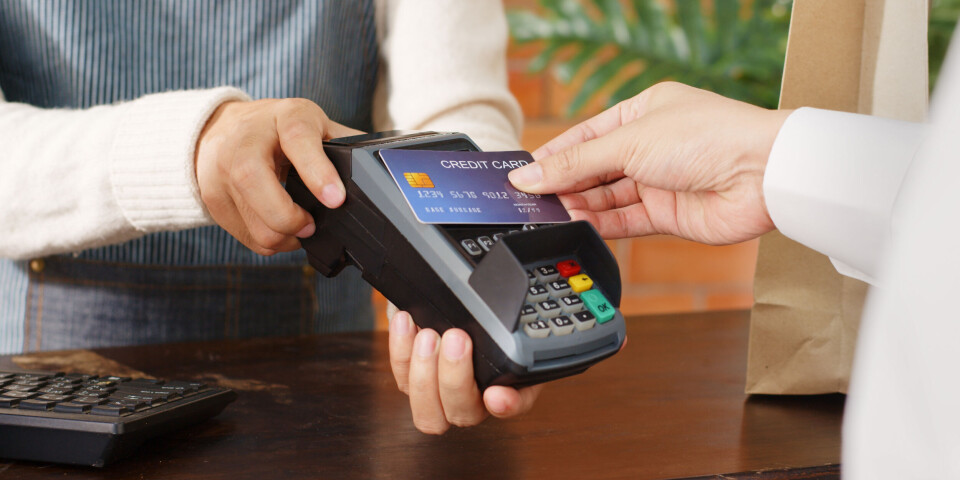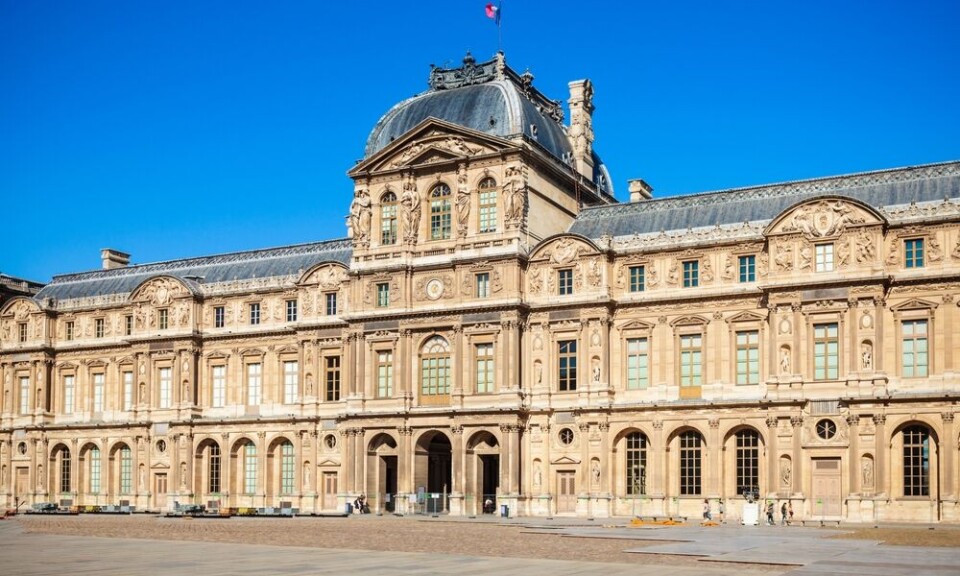-
Insurance denied for Britons' French hilltop home due to 'flood risk'
Underwriters decided to end cover linked to alleged proximity to water
-
How is French property faring?: Key points in latest notaire review
Number of transactions is rising year on year
-
Map: see if flat prices have risen or fallen in your part of France
Areas including Orléans and Besançon saw prices rise, though falls of -4.2% elsewhere were recorded
Why it can be good to buy a French property at an auction
There are three main types of auctions

Property auctions in France represent a significant alternative to the usual property market, enabling buyers to find gems they otherwise may have missed. We explain the rules.
Buying property at auction can bring many advantages, especially at the present time.
For example:
-
You stand a good chance of getting 10-20% off the estimated price
-
Competition is less intense at present due to fewer buyers.
There are three main kinds of auctions.
1. Notaire auctions
The most well-known are those organised by notaires. They are often for properties which no longer have an owner; for example, if someone has died without leaving it to anyone, if the state has come into ownership of the property or if a divorcing couple cannot agree on what to do with the home.
Read more: 13 things you can do through a French notaire apart from buy a house
Read more: Explainer: Role of notaire in France and what to do if not happy
Each session has a catalogue which is usually released around a month before the auction date. It is now typically available to view online.
This means that interested parties can consult the description and other details of the property in advance.
At this point, you may wish to consult your bank to ensure finance will be in place and arrange for a visit. Sometimes auction visits are undertaken in groups at a pre-arranged time.
You must obtain authorisation if you want to bid on a property on the day of the auction. For this you will need to register in advance, with proof of ID, and a deposit cheque made to 20% of the property’s starting price. If this sum exceeds €250,000, you will need a banking cheque (un chèque de banque).
Once you have received authorisation, you can then place bids. If you cannot be physically present there are alternatives including:
-
Via your notaire in the auction room
-
By telephone
-
Online via a virtual auction room.
This means that you can bid even if you are not in the country.
It is important to be aware that sales by auction are permanent and final, and rapid payment will be required.
“Once the property has been sold by auction, the sale becomes final, and a notarised deed is drawn up,” explains Vanessa Roulland-Ficholle, a notaire in Boulogne-Billancourt (Hauts-de-Seine), to Le Monde. “There is no provisional sale agreement, no cooling-off period or retraction period.”
The winning bidder has 60 days to pay, and will incur late payment penalties if payment is after this date.
2. Judicial auctions
These are auctions organised by the courts. They are for properties from ‘forced sales’; for example, due to unpaid charges or mortgages, or liquidation by a court.
These auctions tend to be listed on specialised websites, including Licitor.com, Avocats-ventes.com, and Encheresparisiennes.com.
They are held at the court in the authority closest to the property, and the only way to place bids is through a lawyer.
Forced sale properties can sometimes be purchased at low prices.
Read more: €15,000 for a two-bed flat in Lyon? Court sells off seized homes
3. Interactive auctions
These are a newer form of auction, and are organised by estate agent departments of notaires, agencies, developers, and local authorities.
Each online session typically features a single property only, and interested parties bid over the course of anywhere from an hour to a few days.
These can be popular because the asking price usually starts at around 10-20% lower than the market value.
Potential buyers usually need to visit the property and submit a financing application in advance.
It is not always the highest bidder who wins; for example, sometimes a lower bidder may win, perhaps because they are buying without the need for a mortgage.
Significant success
Auctions typically have a high success rate in achieving a sale.
The Paris Notaires Services, which groups together the chambers in Paris and the departments of Seine-Saint-Denis and Val-de-Marne, said that 2023 has seen an 85% success rate.
While this is lower than the 95% recorded in 2021 - when the market was buoyant, with low mortgage rates and easy access to bank financing - it is better than that of 2022, which dropped to 75%.
The group’s average price of auction sales this year is €205,000, across more than 200 properties.
Related articles
Is it cheaper to sell French property with a notaire or estate agent?
Houses up for auction with €10,000 starting bid in north-east France
Bargain homes at property auctions
























